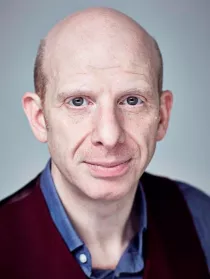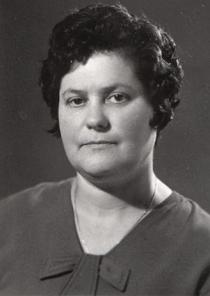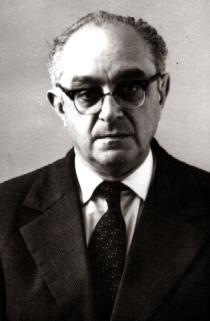Formerly known as Bessarabia, Moldova began the 20th century as part of the Russian Empire, was ceded to Romania in 1917 and was occupied by the Soviet Union in 1940. The Romanians invaded a year later, the Soviets returned in 1944 and occupied the country until 1991.
Moldova has had a tragic Jewish history, steeped in Russian pogroms and mass murder by the Romanians.
In 2004, we interviewed two remarkable people in Moldova’s capital, Chisinau (Kishinev): 79-year-old Polina Leibovich and 83-year-old Theodor Magder, head of the Jewish community.
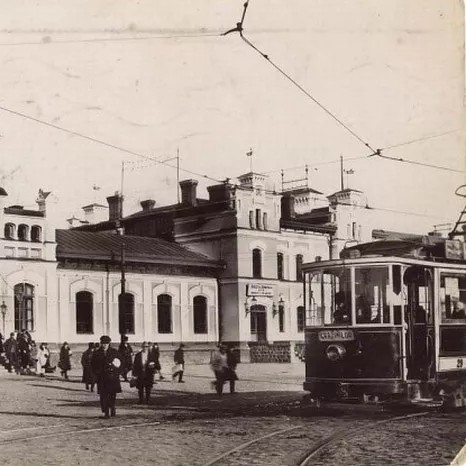
Introduction
Narrated by Edward Serotta
Moldova became an independent country when the Soviet Union collapsed in 1991, Well more than 65,000 Jews were registered then and over the next two decades, the overwhelming majority emigrated to Israel. The community stands at less than 5,000 today but provides its members with kindergartens, youth clubs, sports teams and care for seniors.
Centropa conducted two dozen interviews in Moldova and we have chosen two of those stories for this podcast season.
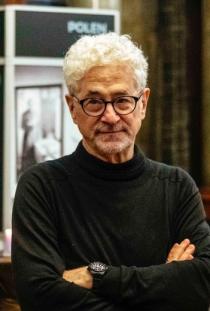
Polina Leibovich
Still teaching school at the age of 79, Polina Leibovich shares with us her story of a happy childhood and how she managed to survive hell in the camps of Transnistria.
Interviewed for Centrpa by Natalia Fomina in 2004, Polina also tells us about finding a husband, raising a family and devoting her life to teaching.
Read by Sara Kestelman in London.
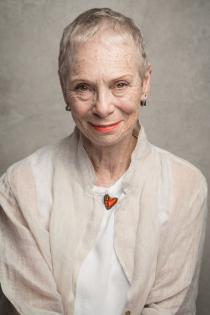
Theodore Magder
Zhanna Litinskaya, from our Kyiv office, spent three weeks in Chisinau in 2004 interviewing elderly Holocaust survivors. Zhanna spent three afternoons with the head of the community, Theodore Magder, who spoke of surviving the war, working as a journalist during the Communist years, and how he joined the government once Moldova became independent.
Read by Steve Furst in London.
